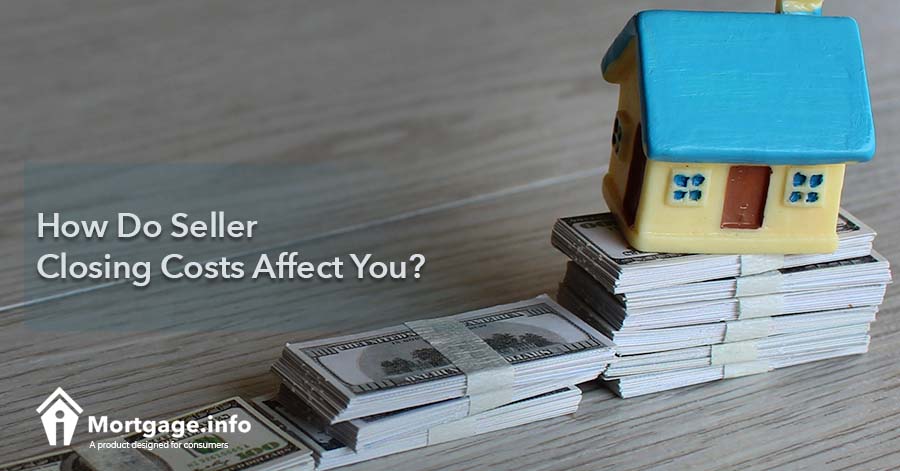
Selling a home does not come free as many people think it does. In fact, sellers pay a large chunk of change when they sell their home. Does this affect you as a buyer? Essentially, the seller helps to pay some of your closing costs without you realizing it. You will still pay your standard underwriting, credit reporting, processing, and origination fees, but there are certain seller closing costs that the seller must pay to finish the process.
What does the Seller Pay?
The largest fee the seller pays is the real estate commission. This is usually a specific percentage of the sales price of the home. The agent receives the fee at the closing when the lender disburses the money to the seller. The title company cuts a check directly to the agent from the profits the seller receives.
In addition to the agent’s fees, however, are other fees the seller pays. These include:
- Pest inspection fees – This helps you to feel comfortable that there is no termite or other pest damage in the home that went unnoticed
- Survey fee – This fee provides a survey company that verifies property lines, shared fences, and any other property issues. The surveyor will provide you with a survey or map of the property signifying all important areas of the property for your future use.
- Title insurance – The seller typically pays for the title search and the title insurance on the home. This lets the lender know that the home does not have any liens on it and then provides the insurance for the owner’s protection should someone try to come forward down the road and claim a lien on the home from before the buyer owned it.
- Transfer taxes – Any taxes charged by the county to transfer the property from the seller to the buyer.
- Recording fees – Any fees the county charges to record the new deed and release the seller’s deed.
- Prorated property taxes – The title company will determine the taxes that the seller still owes that are not due and payable yet. This amount will come out of the seller’s profits. The title company will then put aside the money to pay the taxes or give it to the buyer to pay the full property tax bill when they receive it.
- Prorated homeowner’s association dues – If there is an association, the seller has to pay the dues that cover the time he lived in the home even if the dues are not due and payable yet.
Paying the Buyer’s Fees
Sometimes, sellers can also cover the buyer’s fees for the closing. This depends on the lender and the program used, however, as each program has different requirements. If the seller agrees to pay some of the buyer’s closing costs, the amount usually gets negotiated into the sales price so that the lender pays the costs, but receives more for the home than anticipated. For example, if the seller asks $180,000 for a home, he is probably hoping to receive an offer for at least $170,000. If, however, you qualify for financing for $180,000 and the home is worth that much, you can offer the full amount and then request that the seller pays your closing costs. This way the seller still makes a profit and sells his home while helping you out.
Seller Closing Costs and the Bottom Line
So how do the seller closing costs affect you? Essentially, it determines how much the seller can contribute to your closing costs if you think you want help with your closing costs. What it boils down to is the amount the home sells for; what the real estate agent charges; and the amount of prorated taxes and homeowner’s association dues that the seller has to cover. If selling the home becomes too expensive for the seller, he might have to ask more for the home in order to make a profit on the sale.
Every sale differs as it is dependent what type of financing is used for buying the home. If the seller has to pay off a first and second mortgage, there might not be a lot of wiggle room in the profits for him to cover your closing costs too. When you shop for a home and need closing cost assistance, inquire about the seller’s position and how likely it is that he would be able to help you cover your costs. In the end, selling and buying a home is costly, but when the buyer and seller work together, it can be done.
